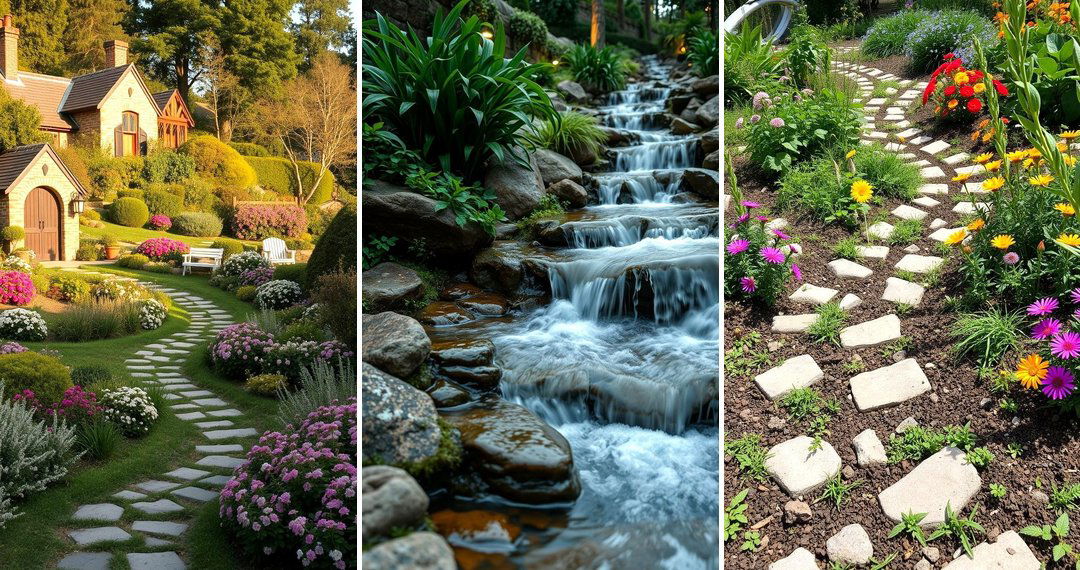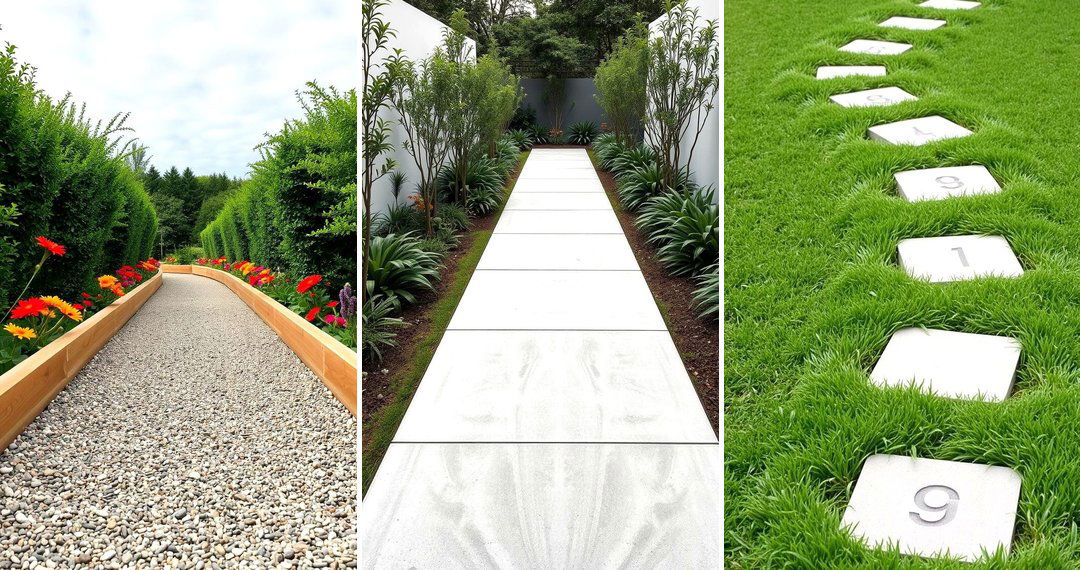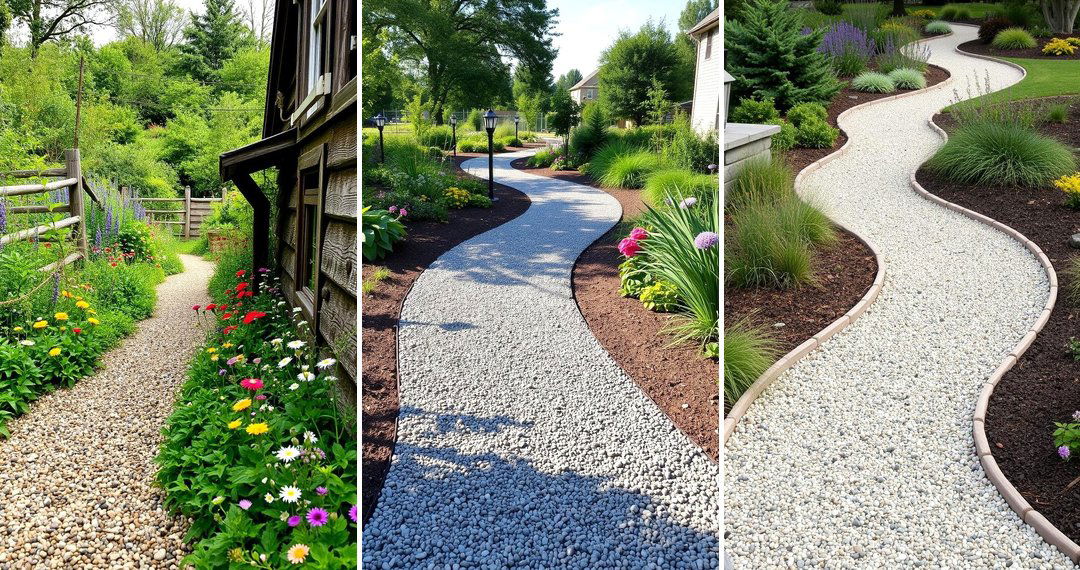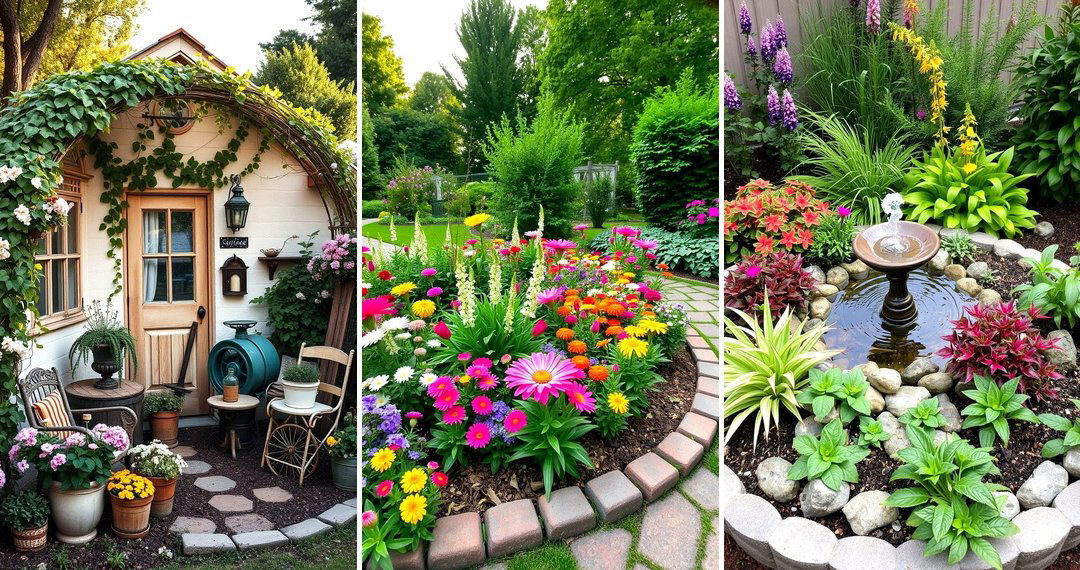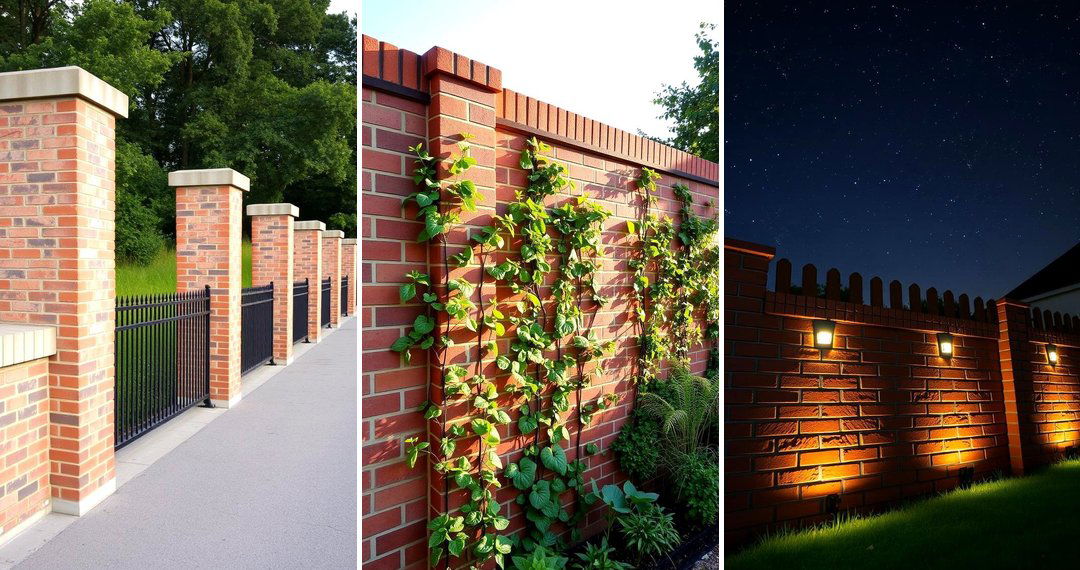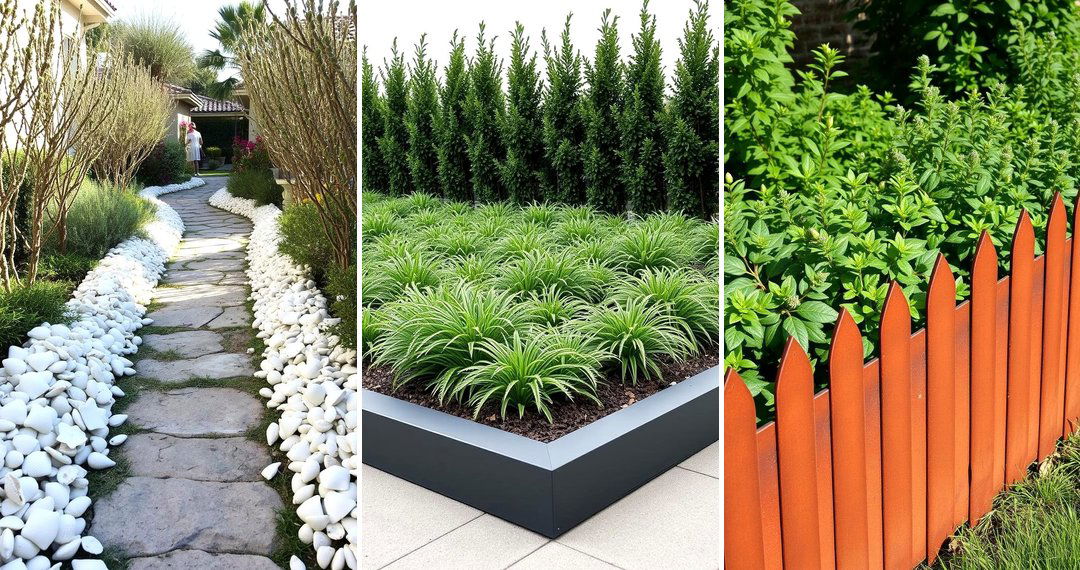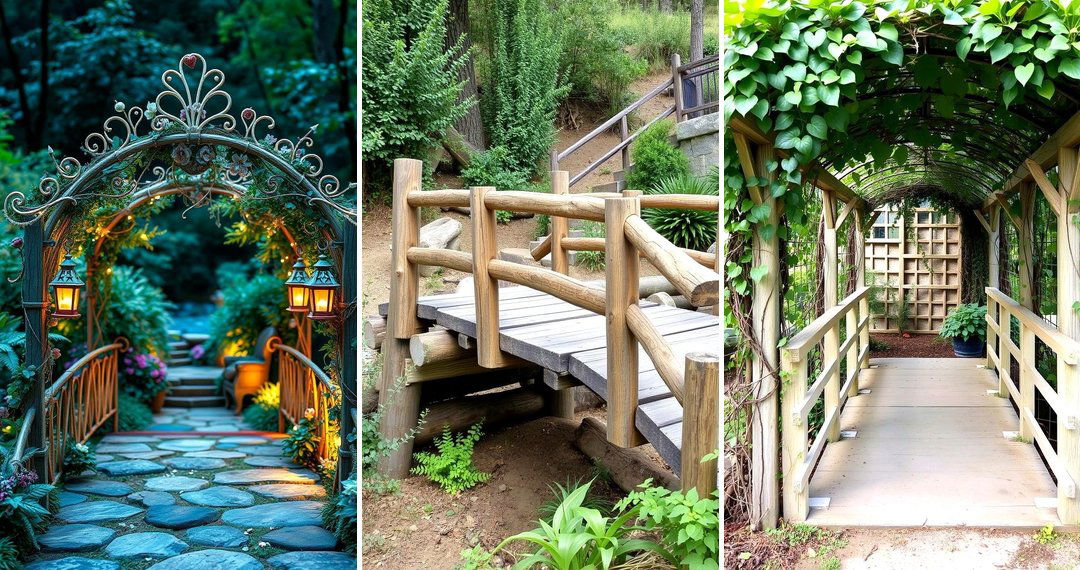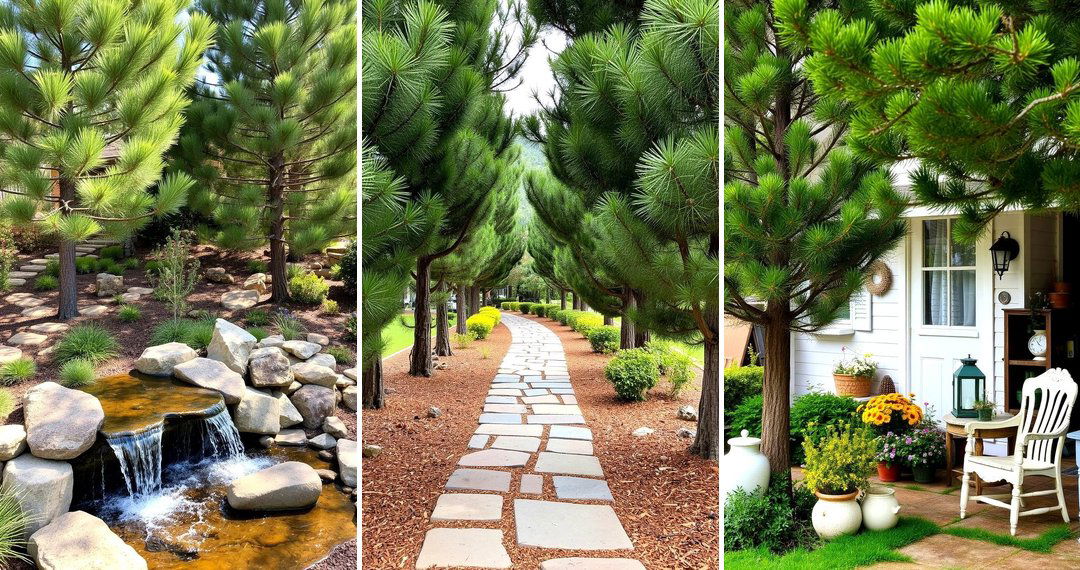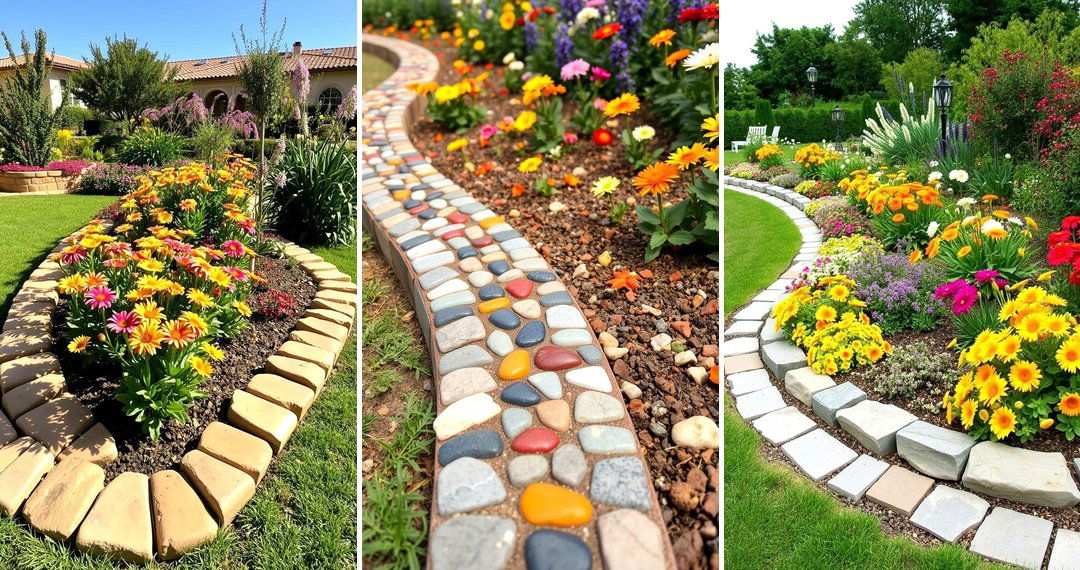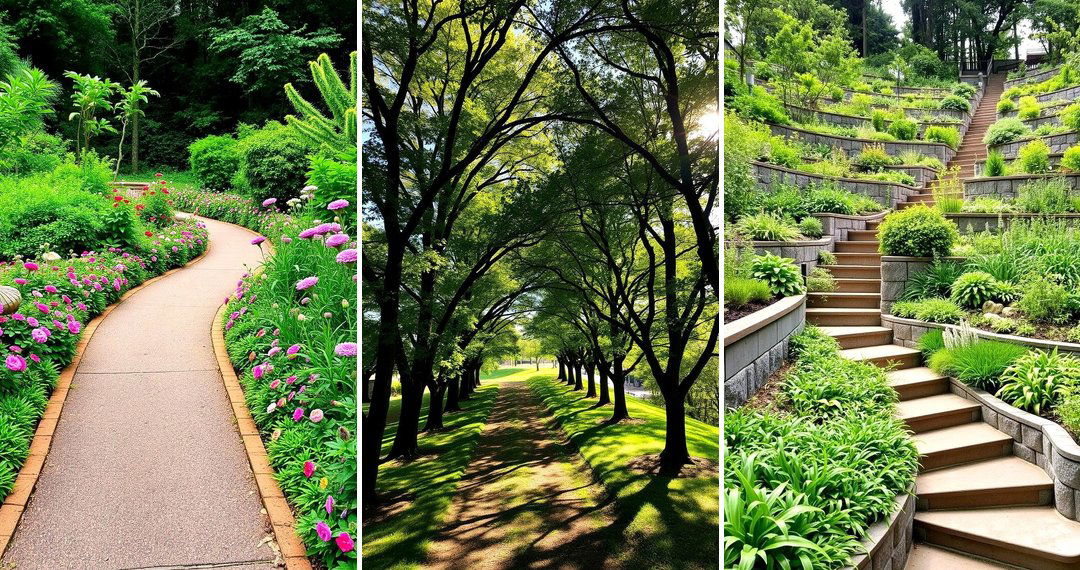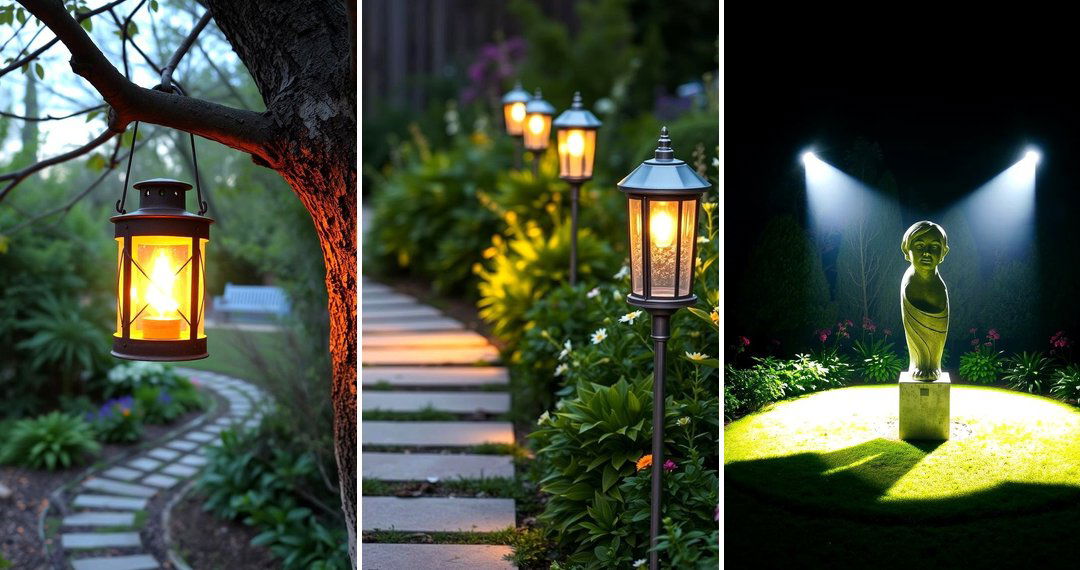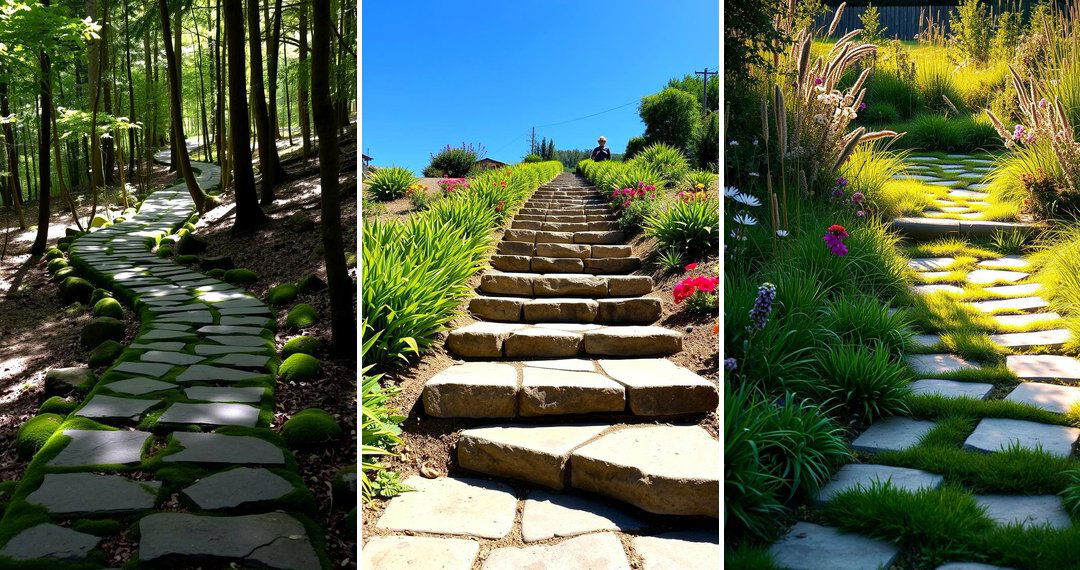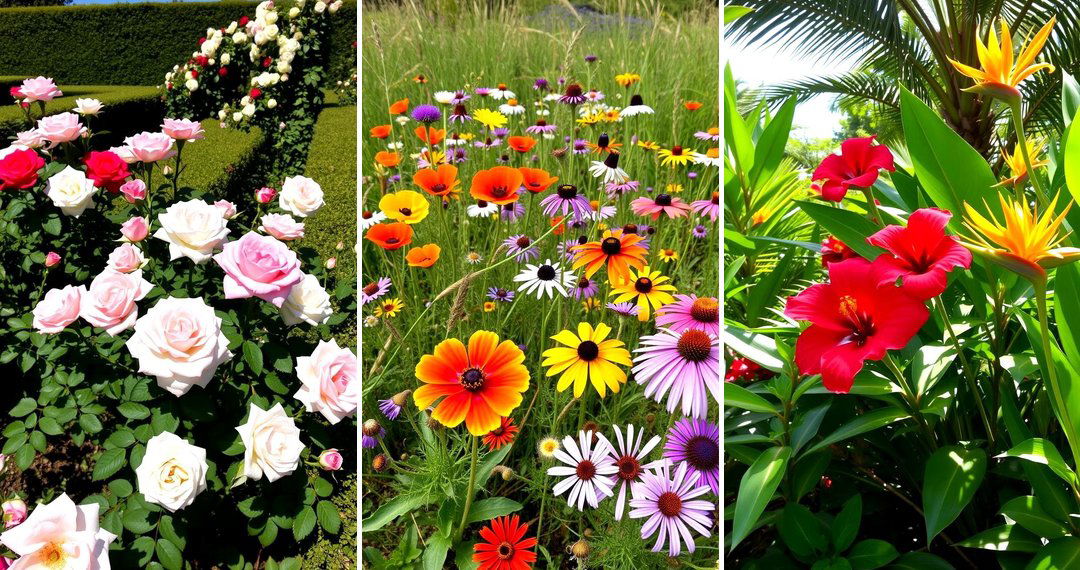The world of landscape design is undergoing a remarkable transformation, thanks to the power of artificial intelligence. By leveraging AI technology, landscape designers can now push the boundaries of creativity while creating efficient, sustainable, and functional outdoor spaces. From smart planning tools to advanced visualization techniques, AI is changing how we approach landscaping. Whether you're an enthusiast or a professional, exploring AI-powered design ideas can help you reimagine your outdoor spaces in innovative ways. Dive into these 24 AI landscape design ideas to inspire your next project and discover how technology can elevate the beauty and functionality of any outdoor environment.
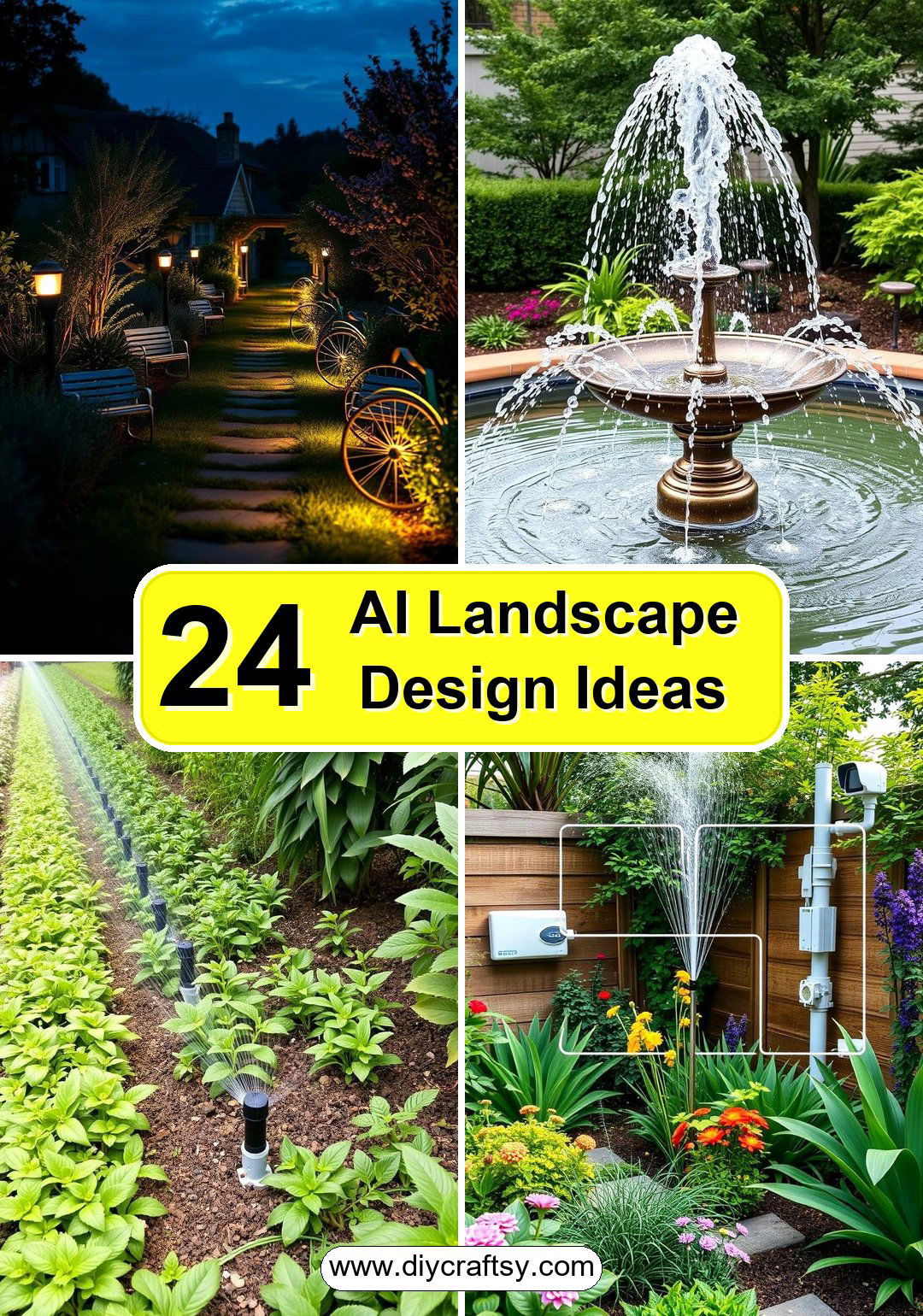
1. AI-Powered Smart Plant Selection
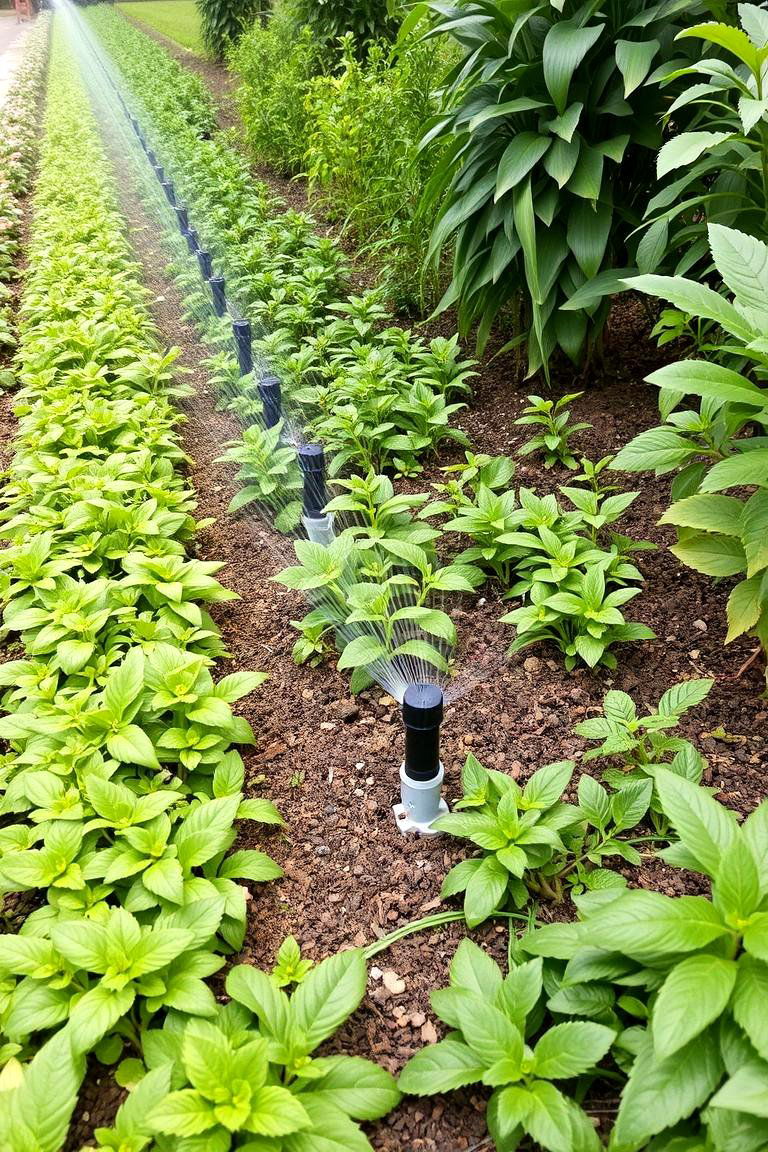
AI tools can help you choose the perfect plants based on climate, soil type, and aesthetic preferences. By analyzing environmental factors and growth patterns, these tools suggest plants that thrive in your specific conditions. This saves you time, reduces plant mortality, and ensures long-lasting, beautiful results.
2. Automated Irrigation Systems
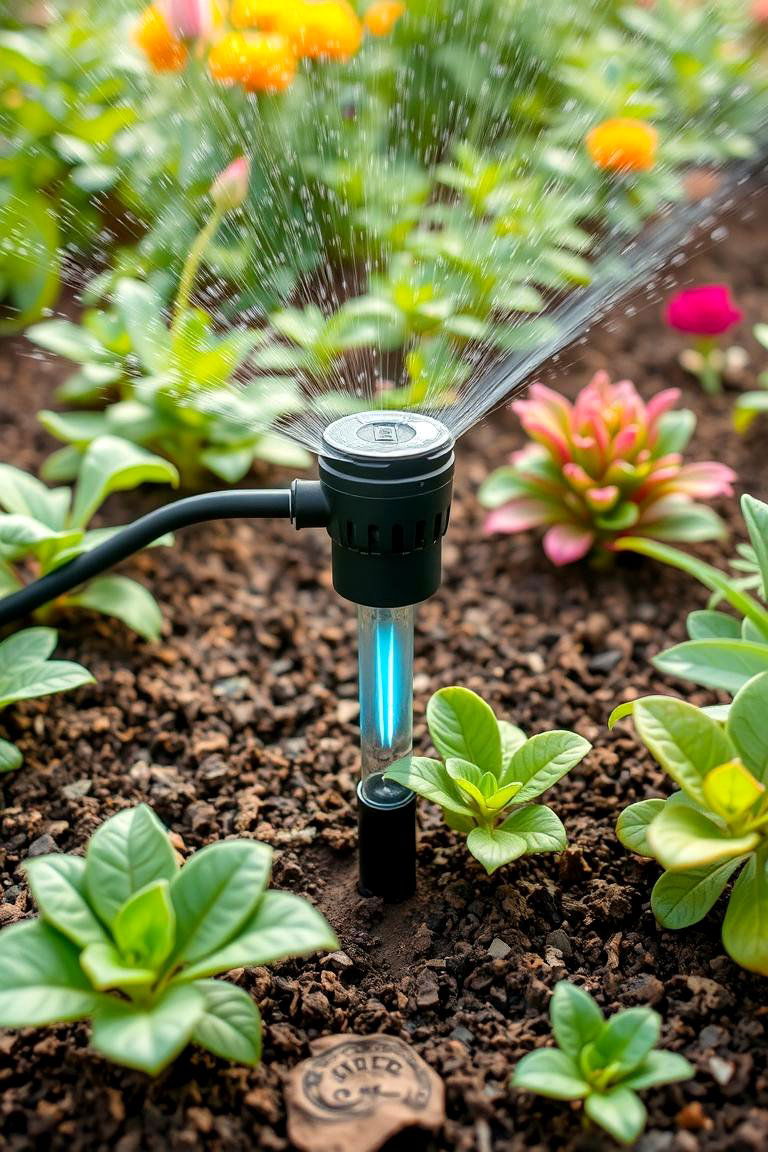
AI-based irrigation systems can monitor weather patterns and soil moisture levels, adjusting water output accordingly. This reduces water wastage, promotes plant health, and lowers utility costs. It’s an efficient, eco-friendly solution for anyone looking to maintain a lush landscape without overwatering.
3. Landscape Visualization Software
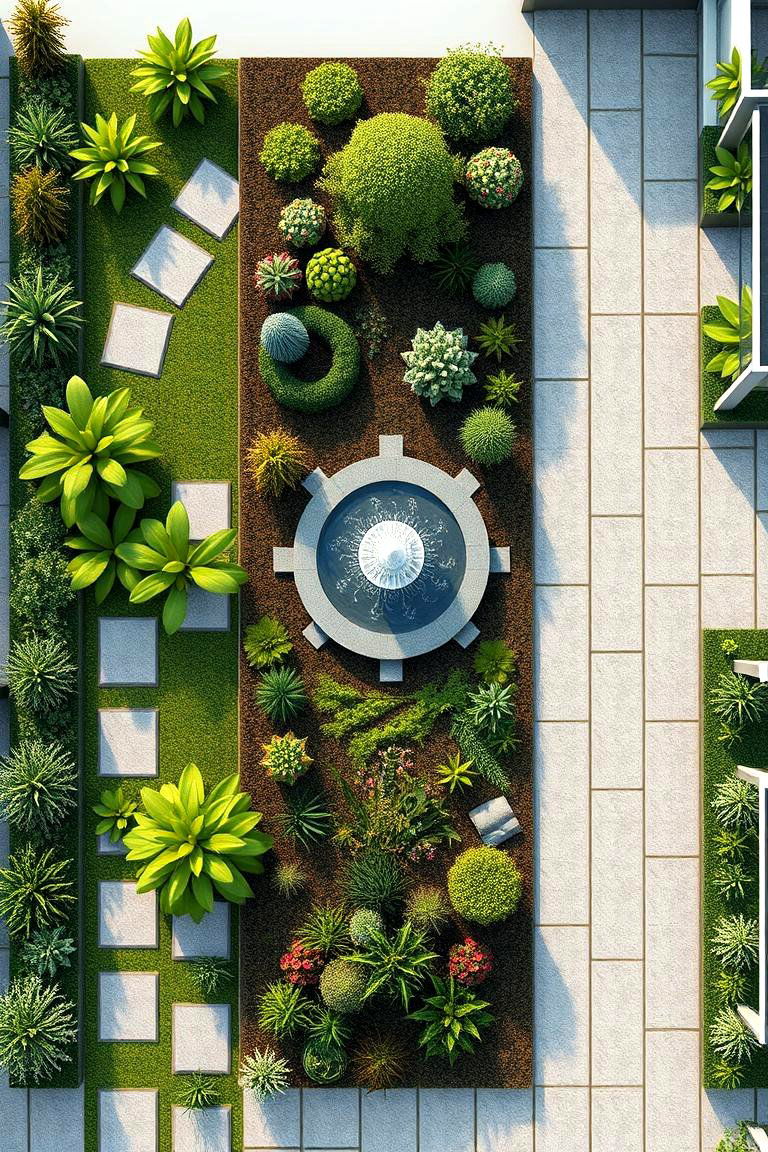
Imagine being able to see your landscape design come to life before making any changes. AI-powered visualization software allows you to create detailed 3D renderings of your outdoor spaces. This provides a clearer understanding of how different elements will fit together, enabling you to make confident design decisions.
4. AI Landscape Maintenance Scheduling
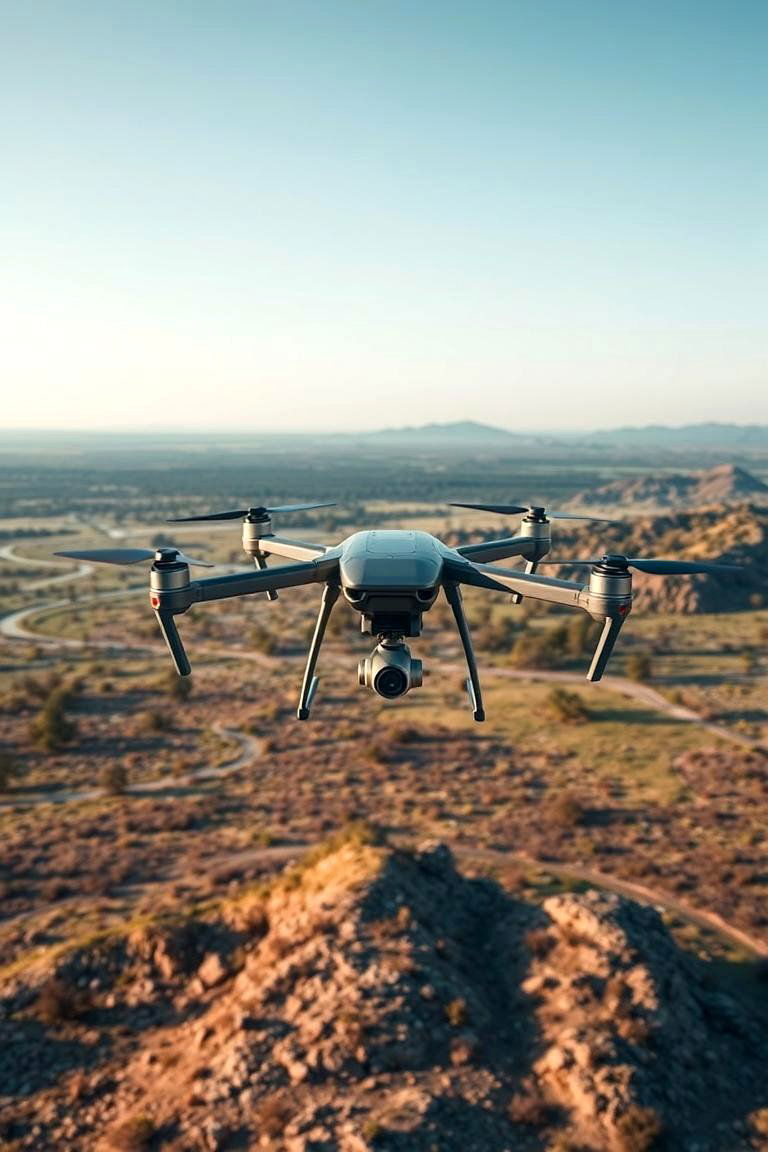
Managing the maintenance of a large garden or park can be overwhelming. AI can track plant growth and maintenance needs, offering personalized schedules for pruning, watering, and fertilizing. It ensures your landscape stays healthy and vibrant without wasting time on unnecessary tasks.
5. Virtual Reality Landscape Design
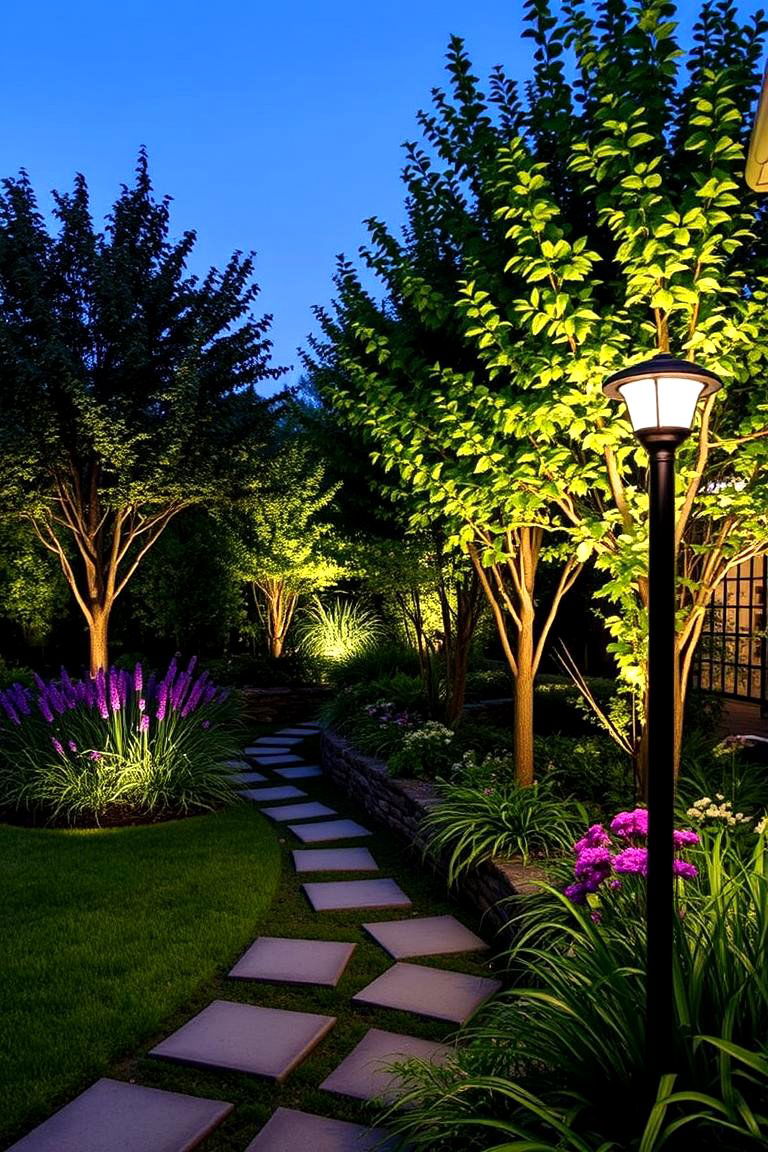
With virtual reality (VR) integrated with AI, you can walk through your landscape design before it's even built. This immersive experience allows you to explore every angle and make adjustments in real-time, giving you a sense of control and confidence in your decisions.
6. Drone-Assisted Landscaping

Drones equipped with AI technology can survey large areas of land, gather data, and generate precise landscape designs. This tool is especially useful for large-scale projects, offering a comprehensive overview of the land's topography, vegetation, and infrastructure to make more informed decisions.
7. AI-Driven Landscape Lighting

AI-powered lighting systems can automatically adjust based on time of day, weather conditions, or occupancy. These smart lighting solutions help create dynamic atmospheres, enhance security, and conserve energy. They can even change colors or brightness to match different moods or occasions.
8. Predictive Plant Growth Modeling
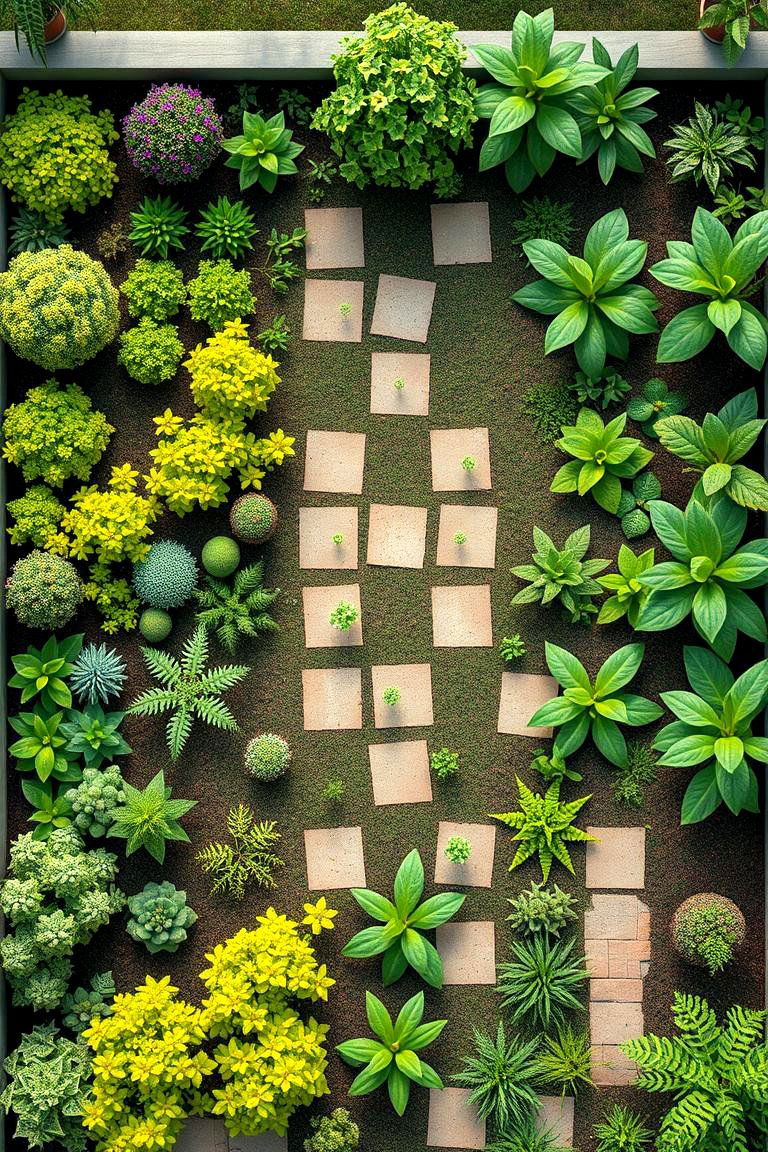
AI can predict how plants will grow and interact with each other over time. This allows for the planning of gardens and landscapes that will mature beautifully without overcrowding or plant competition. By forecasting growth patterns, AI helps you design sustainable, balanced outdoor spaces.
9. Smart Pathway Lighting
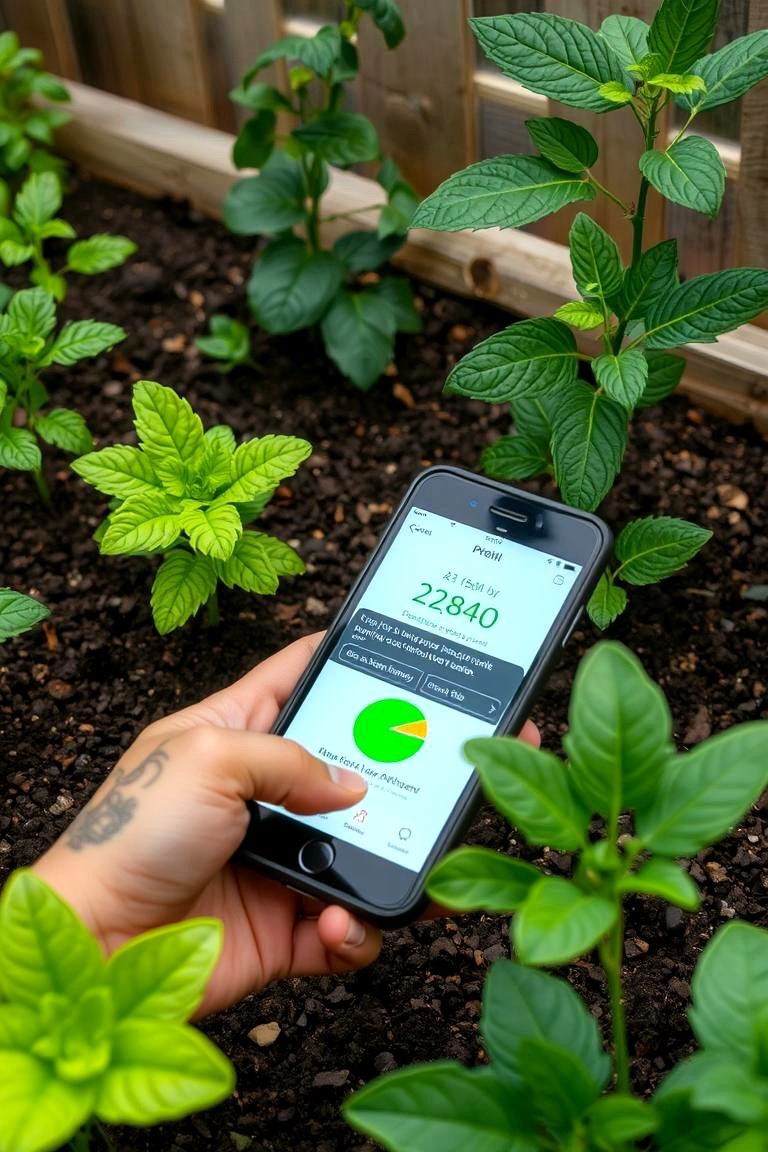
AI-controlled pathway lights adjust brightness based on movement and time of day. They enhance safety while adding a modern touch to garden paths and driveways. This technology creates a well-lit, welcoming environment without the need for manual adjustments, ensuring efficient energy use.
10. AI-Enhanced Water Features

Artificial intelligence can optimize the operation of water features such as fountains or ponds. By analyzing environmental factors, AI adjusts water flow and fountain patterns, creating dynamic and visually appealing designs that adapt to changing conditions while conserving water.
11. Customized AI-Generated Garden Layouts
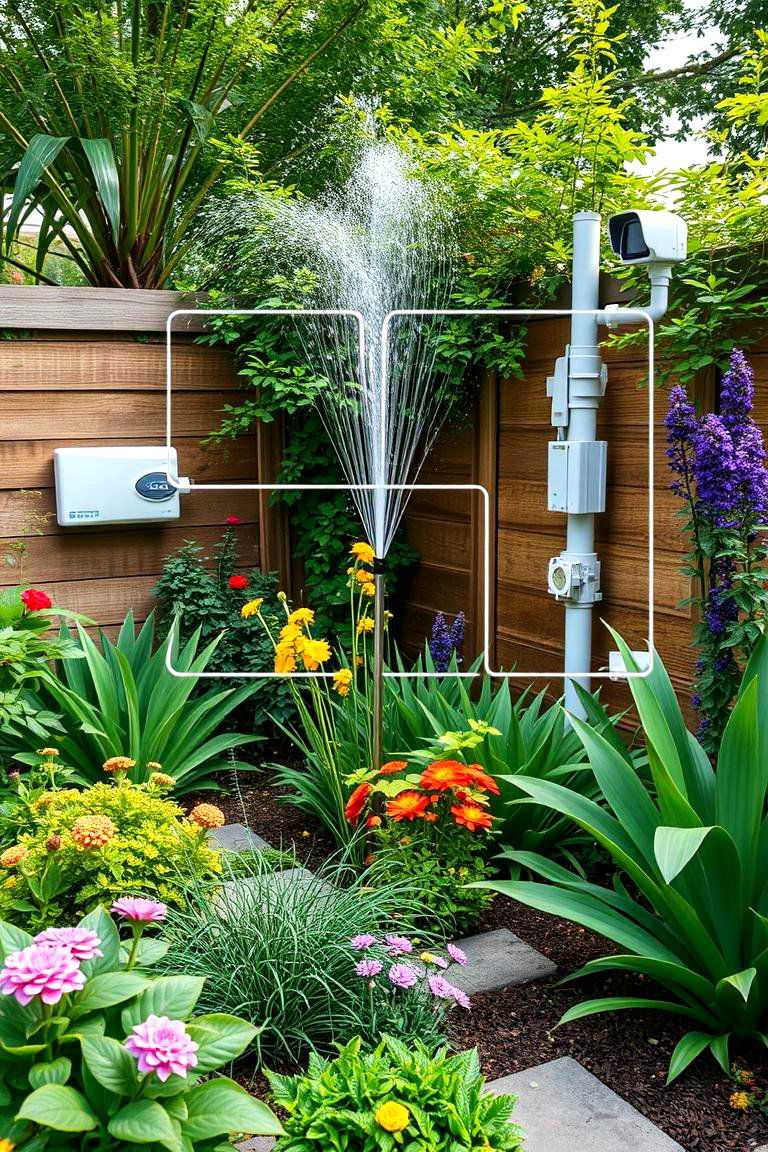
AI design tools can create highly personalized garden layouts based on your specific needs, preferences, and spatial constraints. These tools can analyze your yard and generate layouts that incorporate optimal plant placements, pathways, and seating arrangements for both functionality and beauty.
12. Dynamic Seasonal Landscaping
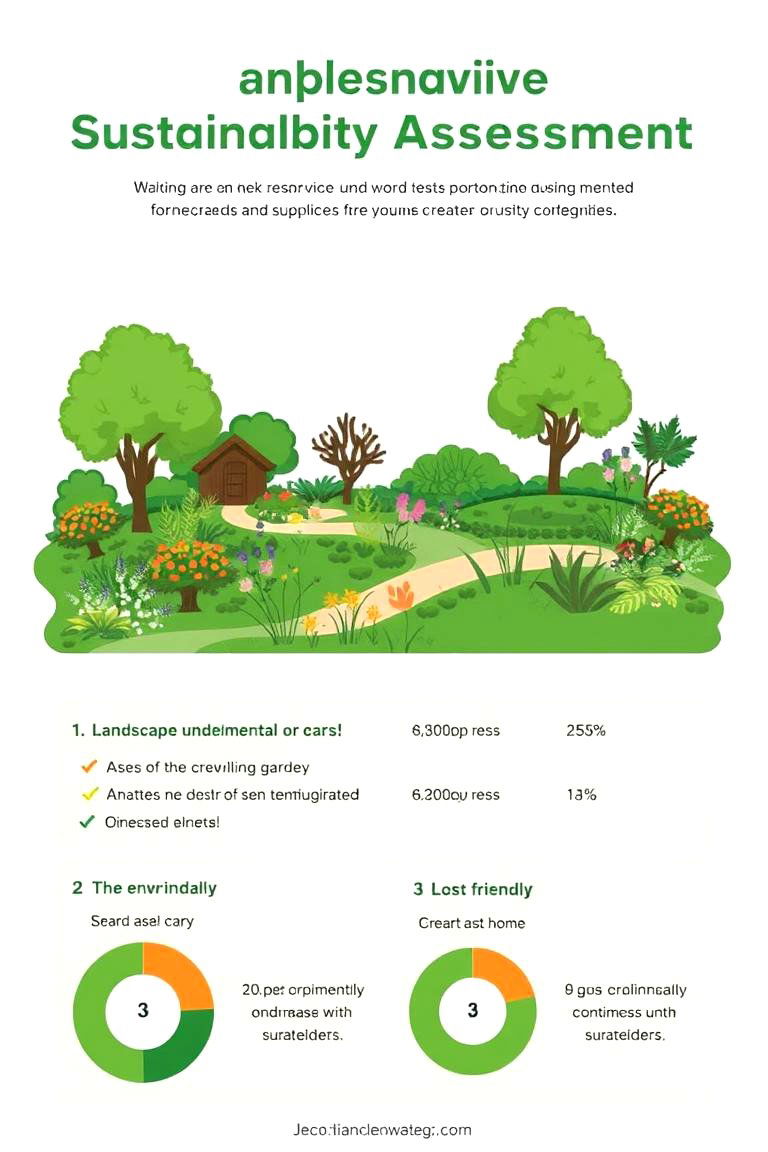
AI can help design landscapes that change and adapt with the seasons. By analyzing plant life cycles, it creates a harmonious environment where the landscape evolves naturally, ensuring vibrant colors and textures year-round without requiring constant upkeep or intervention.
13. AI-Based Soil Analysis

Soil quality plays a critical role in successful landscaping. AI-powered soil analysis tools assess pH levels, nutrient content, and moisture retention to recommend the best amendments for healthy plant growth. This ensures your landscape thrives and saves on unnecessary soil treatments.
14. Automated Lawn Care Systems
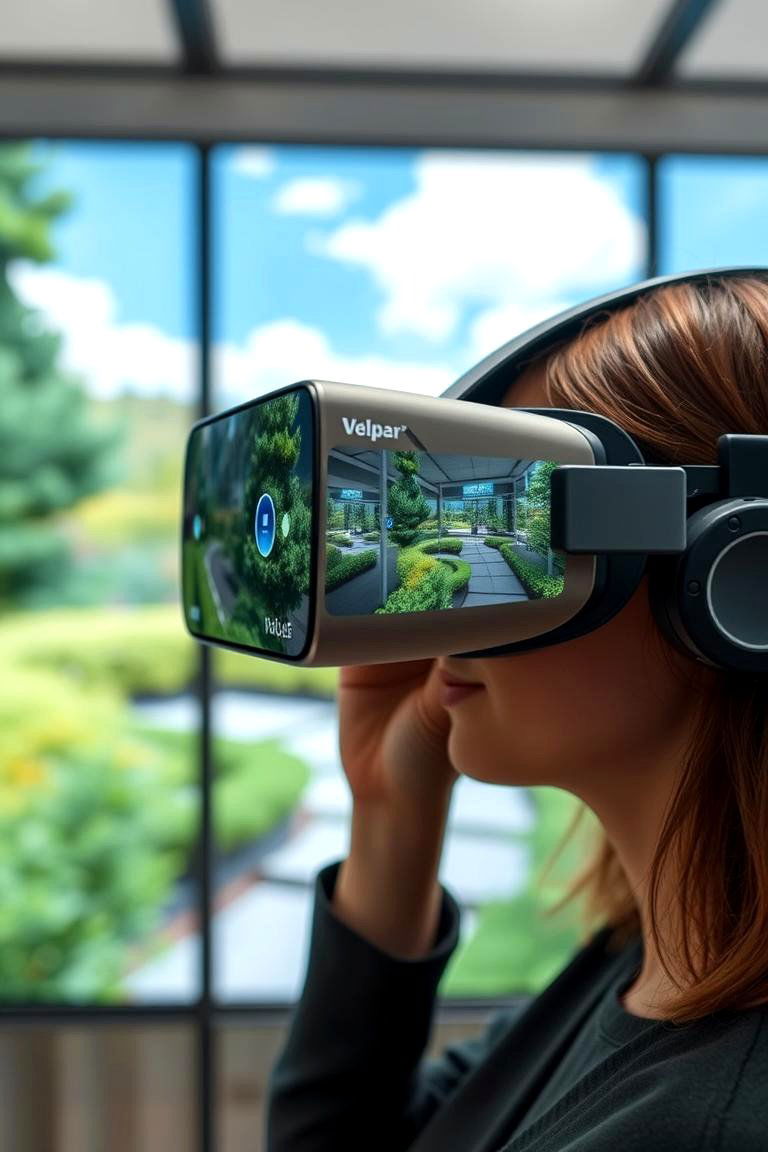
Lawn care can be time-consuming and labor-intensive. AI-powered systems can monitor and adjust mowing, fertilization, and irrigation schedules automatically based on environmental data, ensuring a lush and healthy lawn with minimal manual effort. These systems take the guesswork out of lawn care.
15. Smart Garden Design Integration
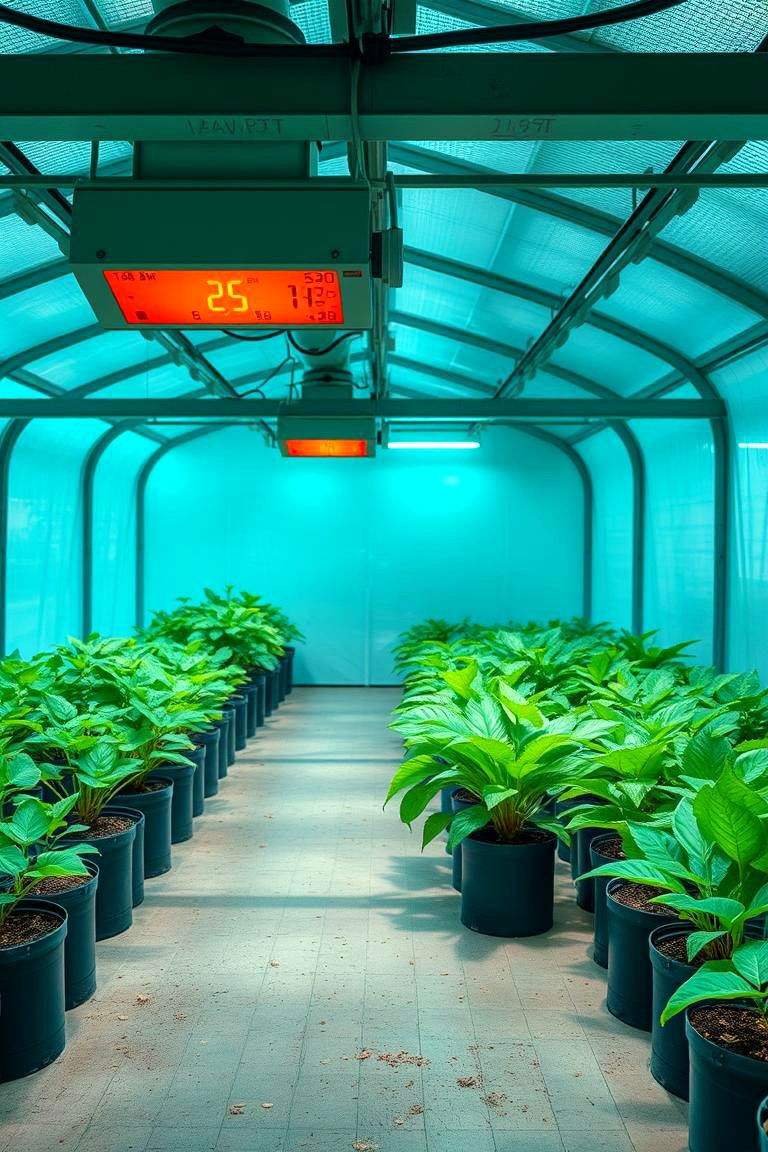
AI can integrate multiple smart devices within your garden, such as automated irrigation, weather monitoring, and security systems. These interconnected devices work together seamlessly to create an efficient, low-maintenance landscape that adapts to both your needs and environmental changes.
16. AI-Powered Landscape Sustainability Assessments

AI tools can analyze your landscape’s ecological impact, helping you design spaces that conserve water, reduce waste, and promote biodiversity. By assessing carbon footprints and other environmental factors, AI guides you in making sustainable choices for a greener future.
17. AI-Based Garden Pest Management

AI technology can help identify and manage pests in your garden more effectively. Using image recognition and behavior analysis, AI systems detect pests early, provide recommendations for control, and reduce the need for harmful chemicals. This promotes a healthier, eco-friendly garden.
18. Augmented Reality for Landscape Planning
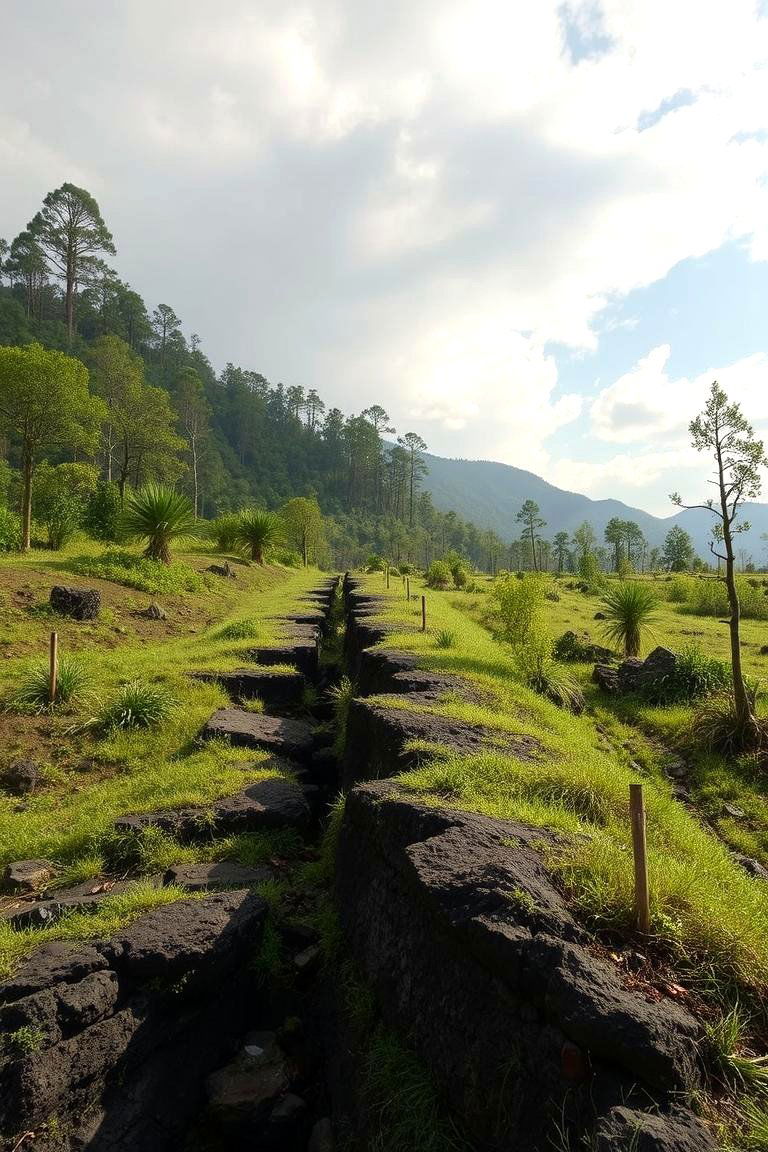
Augmented reality (AR) combined with AI allows you to project a virtual version of your landscape design onto your existing outdoor space. This helps you visualize how different elements such as trees, benches, and water features will look in real-time before making any decisions.
19. AI-Powered Greenhouse Design
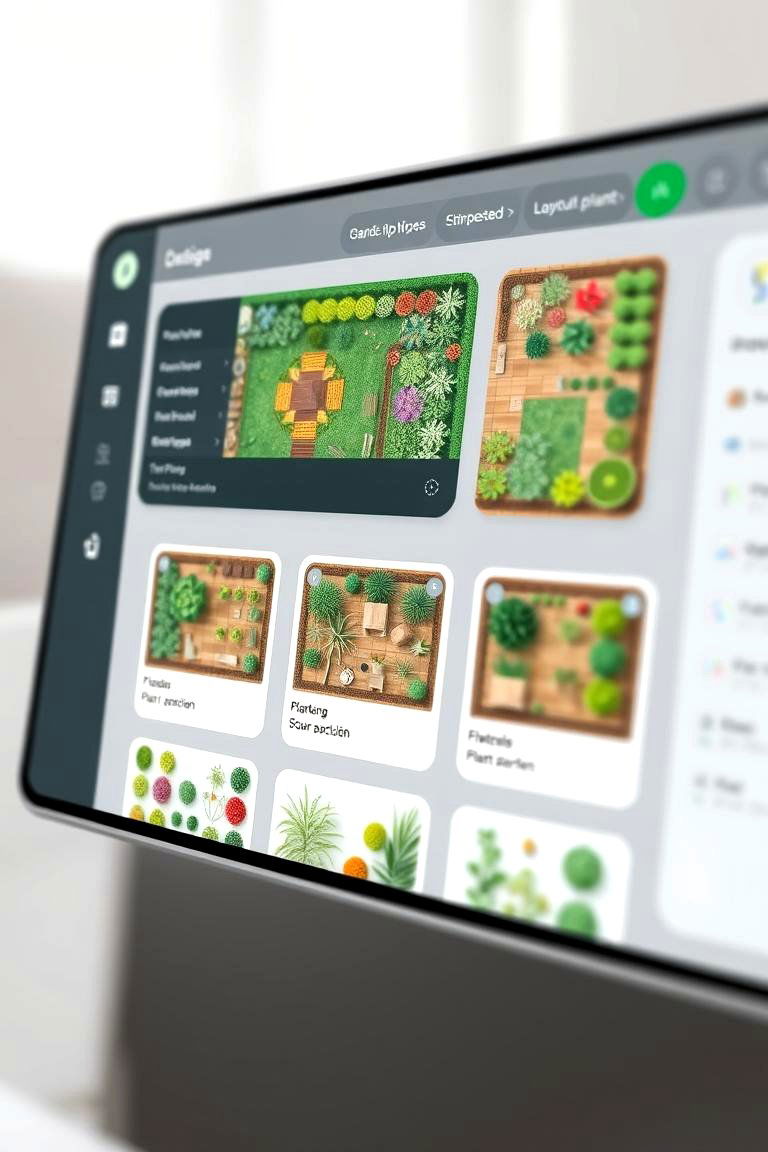
AI can optimize the design of greenhouses by analyzing light, temperature, and humidity patterns. This ensures that plants receive optimal growing conditions, resulting in healthier plants and higher yields. It’s perfect for anyone looking to create a controlled environment for year-round gardening.
20. Sustainable Urban Green Spaces
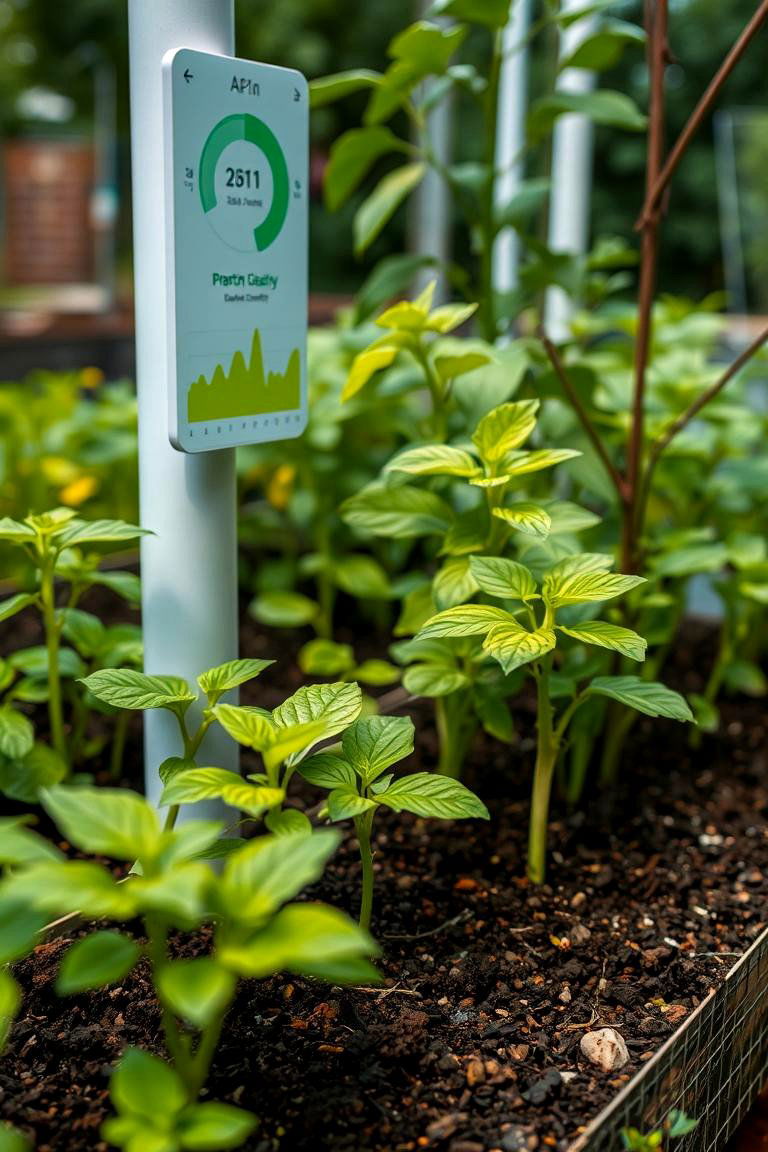
AI can help design sustainable urban landscapes, transforming underutilized spaces into vibrant green areas. By analyzing traffic patterns, sunlight, and soil conditions, AI can propose innovative ways to introduce greenery into urban environments, making cities more livable and eco-friendly.
21. AI-Assisted Water Conservation Strategies
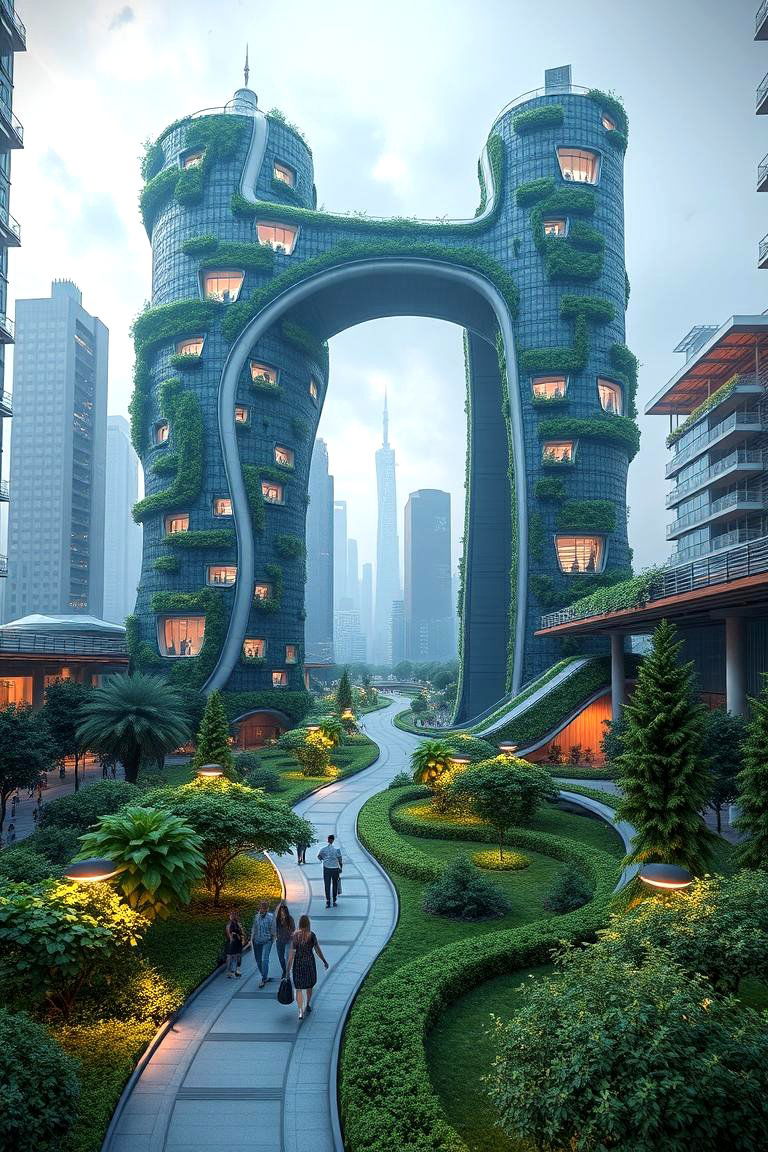
Water conservation is a major concern for landscape design. AI systems can create tailored strategies to reduce water usage by adjusting irrigation systems, suggesting drought-resistant plants, and optimizing water flow in ponds and fountains. These strategies make your landscape both beautiful and water-efficient.
22. AI-Powered Landscape Restoration
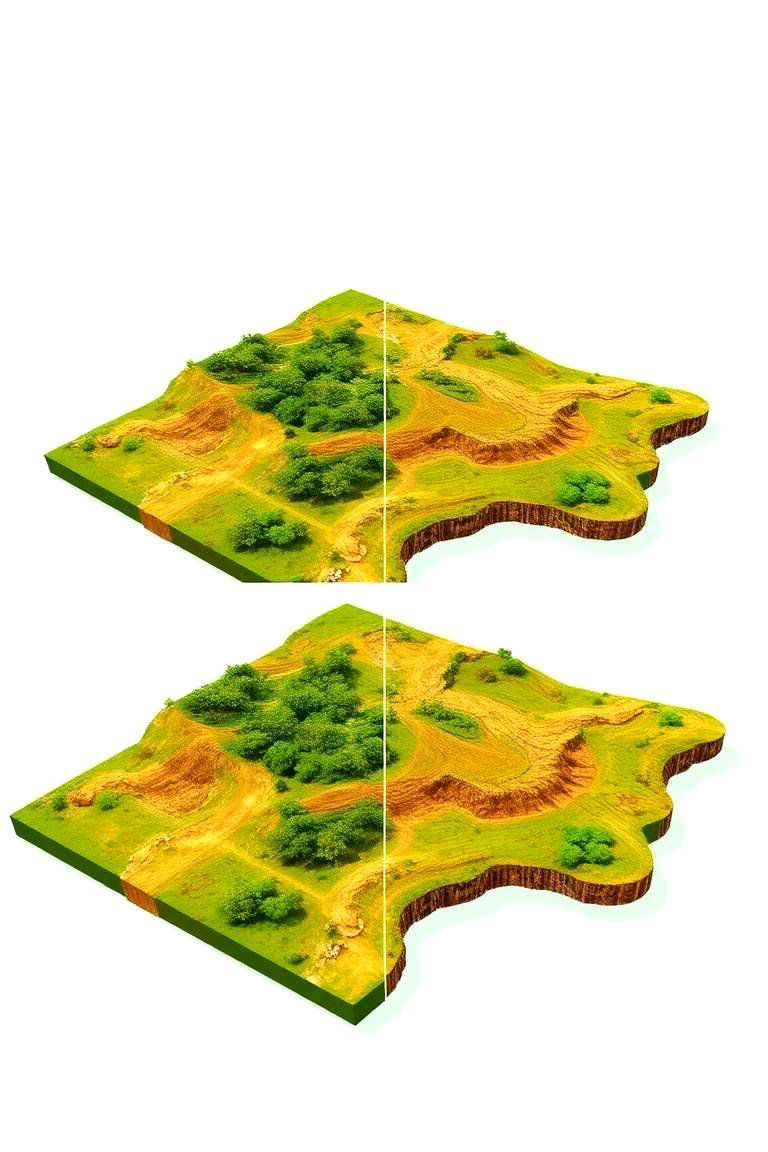
AI can assist in the restoration of damaged or degraded landscapes. Using data on topography, plant species, and soil conditions, AI recommends ways to rehabilitate and restore ecosystems, helping to bring barren or damaged areas back to life in a sustainable way.
23. Interactive Garden Design Interfaces
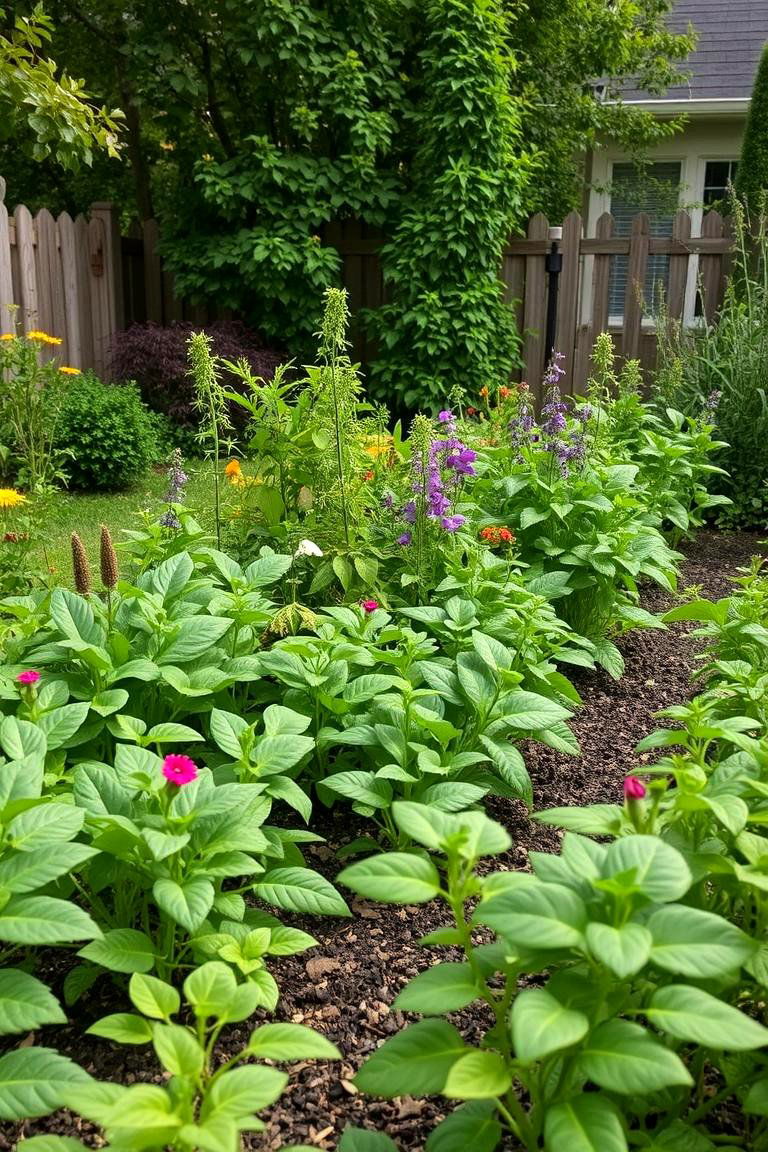
AI-powered interactive interfaces allow users to experiment with various design options in real time. You can try different layouts, plant selections, and materials, instantly seeing the effects of your changes. This hands-on approach empowers homeowners and designers to create their ideal landscapes.
24. AI-Based Landscape Monitoring Systems
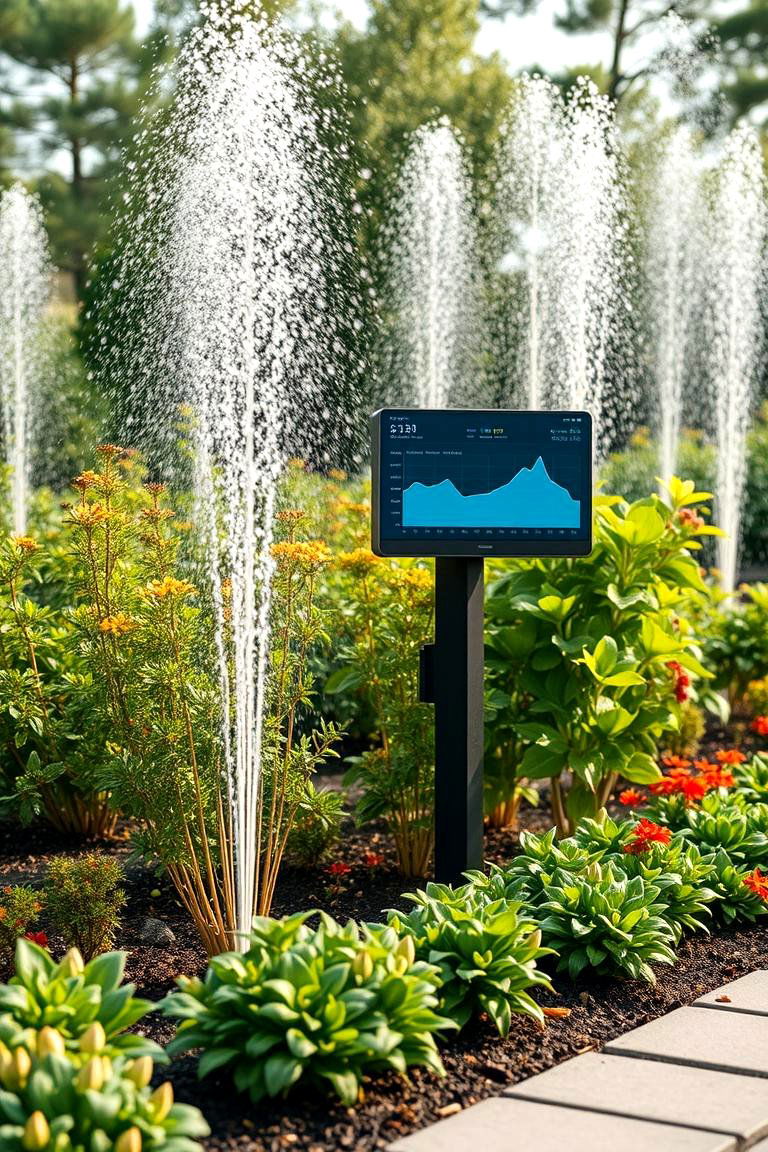
AI-powered monitoring systems track the health and growth of plants, soil quality, and environmental conditions in real-time. This data helps you make informed decisions about garden care, ensuring your landscape stays healthy and vibrant year-round with minimal intervention.
Conclusion:
Artificial intelligence has revolutionized landscape design, providing innovative solutions that enhance both functionality and aesthetics. From smart irrigation systems to immersive visualization tools, AI helps you optimize your outdoor spaces, reduce maintenance efforts, and create sustainable, vibrant environments. Embracing these 24 AI landscape design ideas will not only simplify your projects but will also help you achieve stunning results that adapt to your unique needs and preferences. By incorporating AI into your design process, you’re investing in a more efficient, eco-friendly, and beautiful outdoor space for years to come.



